Library
-
Pets may have visible or hidden disabilities that require some adjustments to their care or lifestyle to maximize their quality of life. With some support, these pets can have a fairly normal life and be just as loving as any other pet.
-
Phenobarbital is given by mouth or as an injection to treat seizures or to sedate your pet. Common side effects include sleepiness, increased thirst, urination, and/or appetite. Do not use this medication in pets with liver, lung, or kidney disease or those that are allergic to barbiturates. If a negative reaction occurs, call your veterinary office.
-
Phenoxybenzamine is given by mouth and is used off label to treat urination difficulty related to sphincter tone, high blood pressure related to pheochromocytoma, and laminitis in horses. Phenoxybenzamine should be given as directed by your veterinarian. Common side effects include nausea, vomiting, diarrhea, small pupils, increased heart rate, and nasal congestion/stuffy nose. Do not use in pets that are allergic to it, in pets that cannot handle low blood pressure, or in horses with colic. If a negative reaction occurs, please call your veterinary office.
-
Phenylpropanolamine is given by mouth and is used on and off label to treat urinary incontinence. Give as directed by your veterinarian. The most common side effects include vomiting, diarrhea, lack of appetite, increased thirst, restlessness, irritability, and difficulty urinating. Do not use in pets that are allergic to it or are pregnant. If a negative reaction occurs, please call your veterinary office.
-
Phytonadione (brand names: Mephyton®, Phytomenadione®, Aqua-Mephyton®, K-Caps®, Konakion®, Hemophyt®) is given by mouth and is used on and off label to treat vitamin K1 deficiencies in a variety of animal species, usually due to toxicities. Give as directed by your veterinarian. Side effects are uncommon. Do not use in pets that are allergic to it unless the benefits outweigh the risks. If a negative reaction occurs, please call your veterinary office.
-
Phytosphingosine topical (brand names Douxo®, SkinGuard®) is an anti-inflammatory agent, with antibacterial and antifungal properties. It is used in cats and dogs to help relieve itching in certain skin conditions and help restore the skin barrier. Phytosphingosine topical may be part of a combination product.
-
Pilocarpine is used off-label and given by mouth in food to treat neurogenic keratoconjunctivitis sicca, and used topically in the eye to diagnose cranial nerve III problems. Common side effects include irritation of the eye, and more severe side effects include vomiting, diarrhea, increased salivation and urination, and coughing. Do not use in pets that are allergic to it or that have secondary glaucoma.
-
Pimobendan is a medication given by mouth as a tablet or liquid, used to treat congestive heart failure in dogs. Its use in cats is off label. The most common side effects include decreased appetite and diarrhea.
-
Pyometra in Cats
En términos sencillos, una piometra es una infección del útero. Una piometra es una condición seria que debería tratarse rápida y agresivamente.
-
Pituitary macroadenomas are large tumors of the pituitary gland that are either functional (secrete hormones) or non-functional (do not secrete hormones). The clinical signs depend on the type of macroadenoma, though become severe over time in either case. Diagnosis requires specialized CT or MRI imaging. This handout explains the effects of macroadenomas in cats and the treatment options available.


